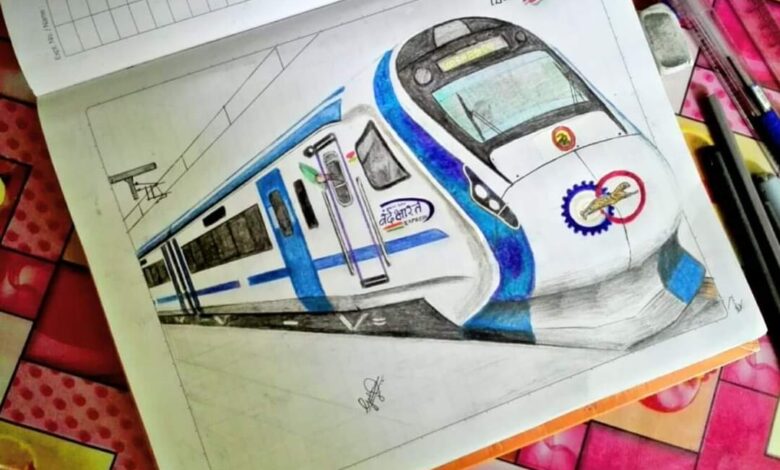Indian Railways Launches Ambitious Cleanliness Campaign During Swachhata Pakhwada

In a vigorous commitment to the Indian government’s Swachh Bharat Mission, Indian Railways has successfully conducted a comprehensive cleanliness drive during the Swachhata Pakhwada, held from October 1 to 15, 2024. This year’s initiative saw a remarkable mobilization of resources and community involvement, culminating in a massive effort to enhance cleanliness across the extensive railway network.
Massive Scale of Operations
The scale of the cleanliness drive was unprecedented, covering an impressive 45.20 crore square meters of area. Indian Railways undertook an extensive cleaning effort across 7,285 stations, 2,754 trains, and 18,331 offices. A total length of 20,182 kilometers of railway tracks was cleaned, reflecting a focused effort on improving the cleanliness of tracks, especially in urban and semi-urban areas adjacent to stations.
Engaging the Public
The success of the campaign was bolstered by the active participation of the public. More than 450,000 individuals joined in the Swachhata initiatives, showcasing a strong communal spirit towards achieving cleanliness. Various activities such as the Swachhata Pledge, cleaning drives, and educational seminars were organized to engage and inform passengers and railway staff alike.
Planting for the Future
A significant aspect of this year’s campaign was environmental sustainability. Indian Railways planted over 263,000 saplings as part of the drive, underlining its commitment to a greener future. Additionally, initiatives like Swachh Neer and Swachh Aahar targeted the cleanliness of water booths and food stalls, with thorough cleanings performed at 4,478 locations and 2,597 food stalls, respectively.
Tackling Waste Management
The cleanliness drive also included aggressive waste management strategies. Indian Railways collected 4,619 tons of waste, including 710 tons of plastic, and installed 19,759 dustbins across its premises. Furthermore, 5400 tons of scrap was gathered at various railway workshops, contributing to recycling efforts. This year’s campaign also highlighted anti-littering measures, with 2,259 drives launched, resulting in 12,609 penalties and 177,133 counseling sessions aimed at educating the public about proper waste disposal.
Innovative Awareness Programs
To enhance public awareness, 1,541 webinars and seminars were conducted, attended by 66,188 participants. Engaging performances such as Nukkad Nataks—street plays aimed at promoting cleanliness—were organized at 821 locations. This innovative approach not only entertained but also educated passengers about the importance of cleanliness in public spaces.
Feedback and Community Involvement
In a bid to foster transparency and improvement, Indian Railways solicited feedback from passengers, receiving 50,276 SMS responses regarding cleanliness levels. This initiative reflects the organization’s dedication to continually improving the travel experience and making sanitation a collective responsibility.
Official Launch and Ongoing Commitment
The Swachhata Pakhwada program was officially launched by the Chairman and CEO of the Railway Board, Shri Satish Kumar, who emphasized the importance of cleanliness not just during the two-week campaign but throughout the entire year. During the launch, a health camp was also organized for railway personnel involved in cleanliness activities, providing health check-ups for about 120 individuals.
Looking Forward
Indian Railways remains steadfast in its commitment to cleanliness and hygiene, ensuring that initiatives like those undertaken during Swachhata Pakhwada are not just temporary but a part of a continuous effort to provide a cleaner, greener, and more sustainable travel experience. The emphasis on community involvement and awareness campaigns signifies a ‘whole of society approach,’ making sanitation everyone’s responsibility.
In conclusion, Indian Railways’ extensive efforts during the 2024 Swachhata Pakhwada not only enhanced the cleanliness of its operations but also fostered a culture of responsibility among passengers and staff alike, setting a benchmark for future initiatives. The success of this campaign underscores the vital role of public participation in achieving national cleanliness goals and highlights Indian Railways’ ongoing dedication to excellence in service.




